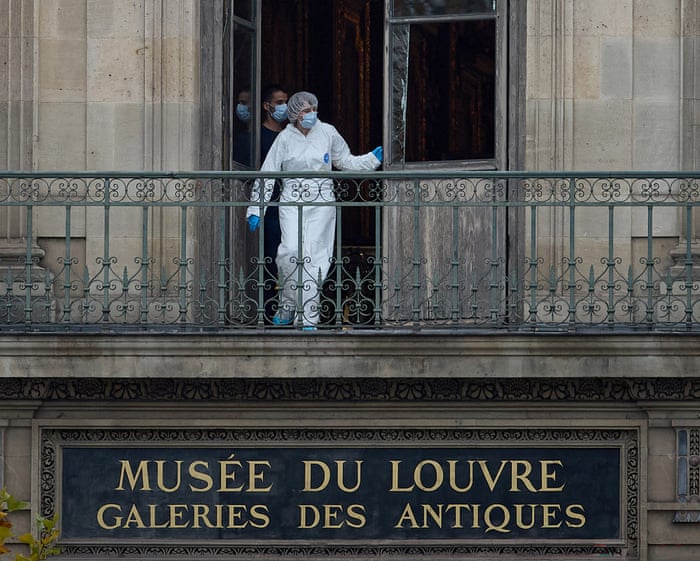Boavista fans must have thought things couldn’t get any worse. In early July, just a month before their 123rd anniversary, the former Portuguese champions—now on the brink of liquidation—announced that their “special revitalization plan,” proposed the previous November, had been rejected by the Portuguese football federation. They failed to submit the required tax and social security documents on time.
Buried in debt—owing €7 million (£6.1 million) to the construction company handling their stadium renovations—the club was so cash-strapped that their stadium, Estádio do Bessa, had its electricity cut off in April over unpaid bills. Players went months without wages. One of them, American defender Reggie Cannon, who was paid late in 28 of his 29 months at Boavista, terminated his contract in 2023 and joined Queens Park Rangers. Last month, a Court of Arbitration for Sport ruling ordered Boavista to pay him €400,000 in compensation.
Even after finishing last in the Primeira Liga, fans held onto hope that the club could rebuild in the second division. But Boavista didn’t even appeal the federation’s decision—they knew it was over. Stripped of professional status, they were relegated to the fifth tier and will play in Porto’s regional league next season.
Yet the worst was still to come. Five days later, on July 15, police raided the club’s headquarters with a battering ram, seizing documents, hard drives, and computers. Authorities suspect at least six unnamed executives of tax fraud, credit fraud, and money laundering. Majority owner Gérard López, a Spanish-Luxembourgish businessman, was not among those accused, with his lawyers stating he and the current board were the “alleged injured party.”
The accused executives allegedly embezzled around €10 million with help from accountants, lawyers, and auditors. The club that once boasted players like Nuno Gomes, Jimmy Floyd Hasselbaink, and Raúl Meireles now faces not just relegation and bankruptcy, but possible extinction.
This isn’t López’s first brush with a club’s collapse—it’s his third. His first football venture was with Lille in 2017, where they finished second and fourth in Ligue 1 before financial troubles led to a takeover by investment firm Elliott in 2020. López had borrowed €225 million from Elliott through an offshore company but couldn’t repay it, forcing the sale.
Undeterred, López aimed to build a multi-club empire, targeting struggling teams. In 2020, he bought Belgian top-tier side Royal Excel Mouscron as his time at Lille was ending. But under his ownership, Mouscron were relegated in his first season. By December 2021, players—unpaid for months—refused to train, and the club folded soon after.
Now, with Boavista in ruins, López’s football ambitions may finally be over. For the club’s fans, the nightmare continues.The players hadn’t received their salaries on time and went on strike. By March 2022, Mouscron’s own board declared the club bankrupt. When the 2022-23 season began, Mouscron no longer existed. The Walloon town, famous as the place where the Moody Blues wrote “Nights in White Satin” and whose local football scene inspired their song “Top Rank Suite,” was left without a professional club.
In October 2020, López added Boavista to his portfolio. The Portuguese club was already struggling financially and had been hit with a transfer ban. More bans followed under his ownership. Eight months later, in July 2021, López acquired Girondins de Bordeaux—one of France’s most historic clubs, where Zinédine Zidane rose to fame in the 1990s—from investment firm King Street Capital for an undisclosed sum. Bordeaux were relegated to Ligue 2 the following season.
By 2024, despite selling key players and their women’s team, Bordeaux faced legal action from 400 unpaid creditors and were at risk of being demoted to the third tier by French football regulator DNCG. Things turned out even worse. López tried and failed to bring in new investors, including Liverpool’s owners, Fenway Sports Group. The club was put up for sale, but no buyers came forward. As it stands, López remains the owner, and Bordeaux will play in National 2—France’s amateur fourth tier—in the 2025-26 season.
Speaking to L’Équipe, DNCG president Jean-Marc Mickeler was blunt in his assessment of Bordeaux’s collapse. He said the crisis could have been avoided if the club hadn’t taken on “too much debt, lacked equity, and relied on over-optimistic projections—like Champions League qualification and regular player sales. We warned about this from the start.”
Each time—whether in Belgium, Portugal, or France—López had presented himself as the savior who would revive the clubs he bought. Each time, he failed. Now, he’s left presiding over an empire in ruins.



